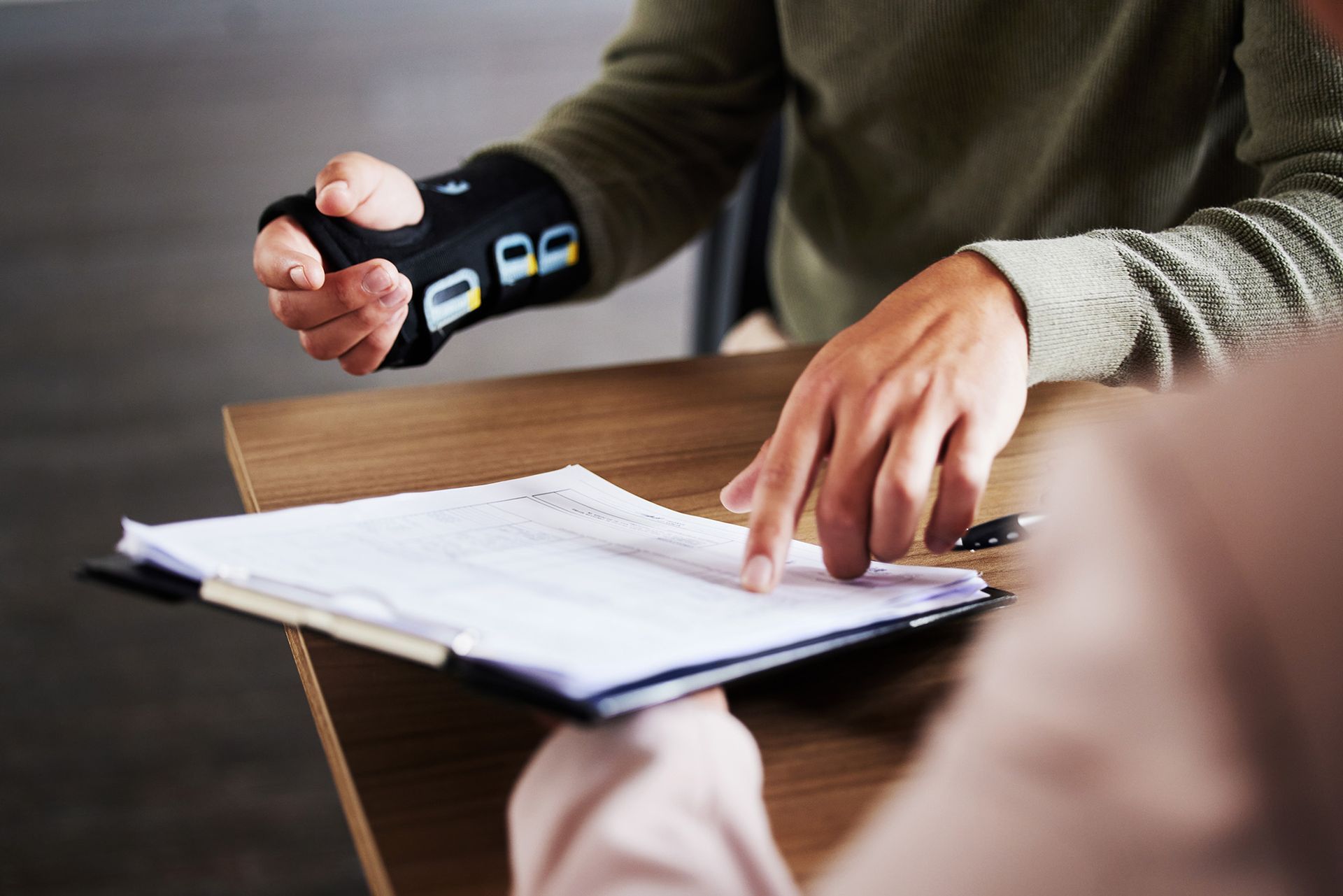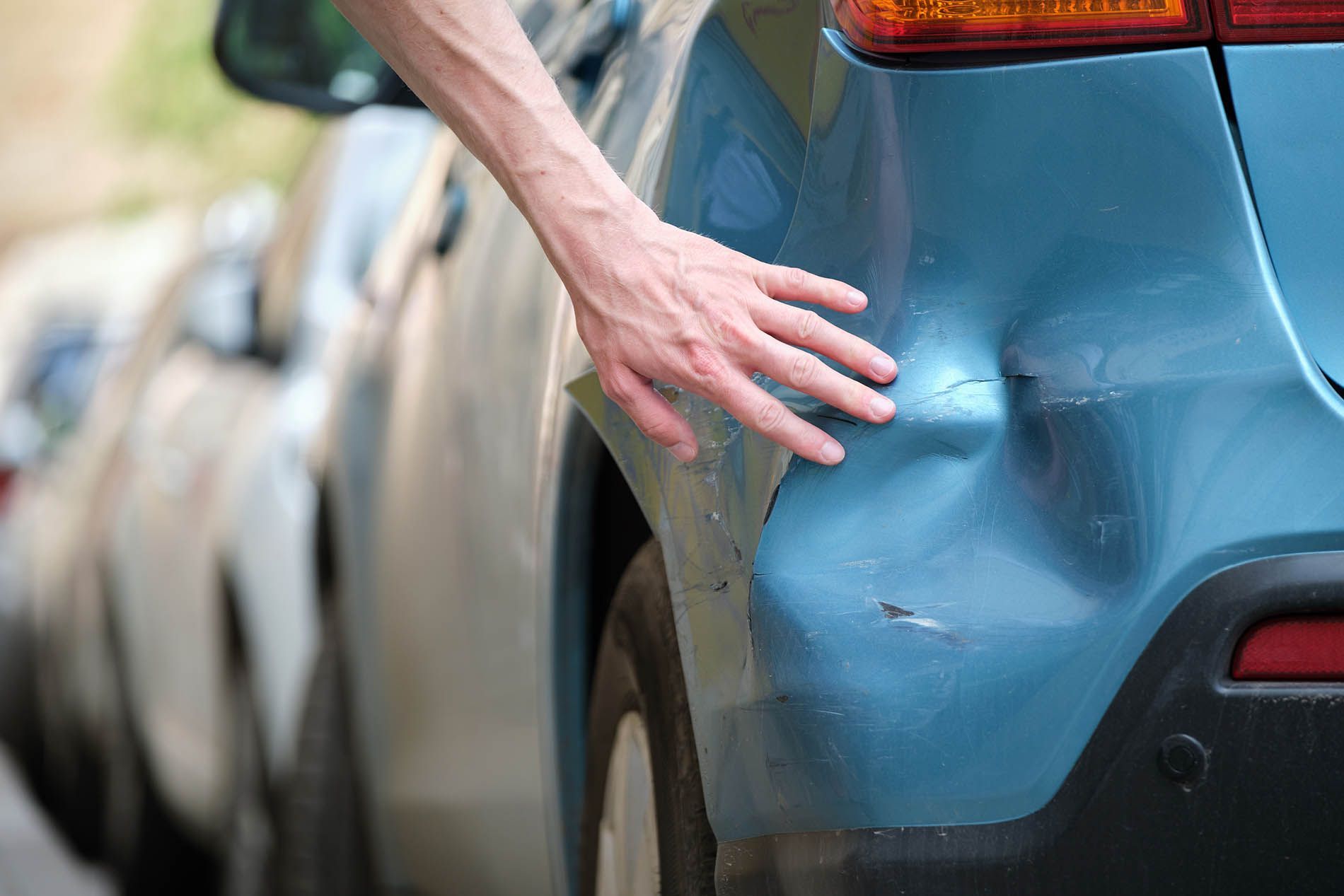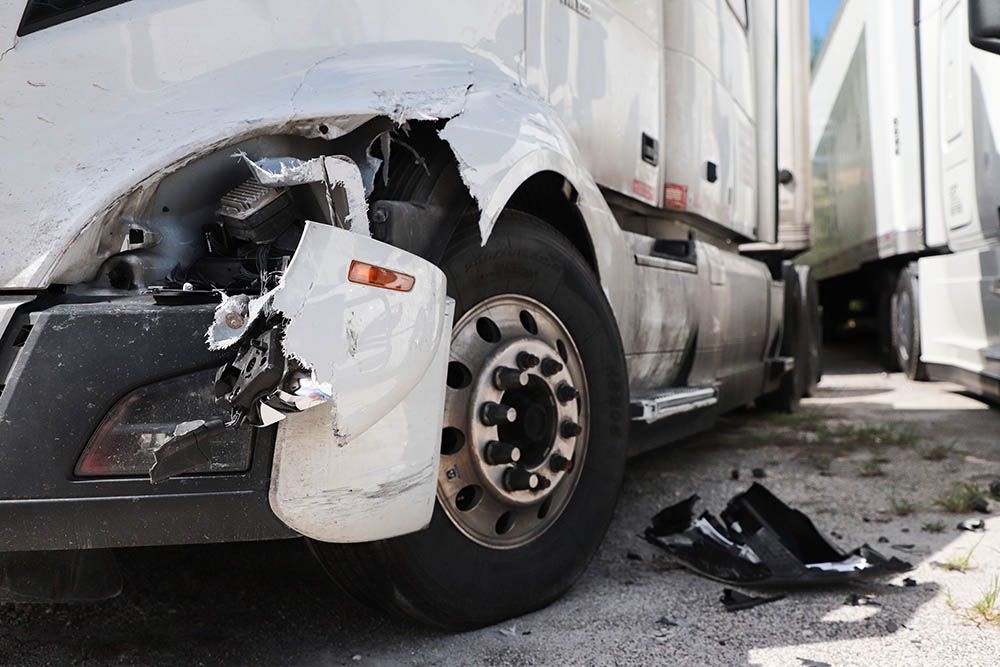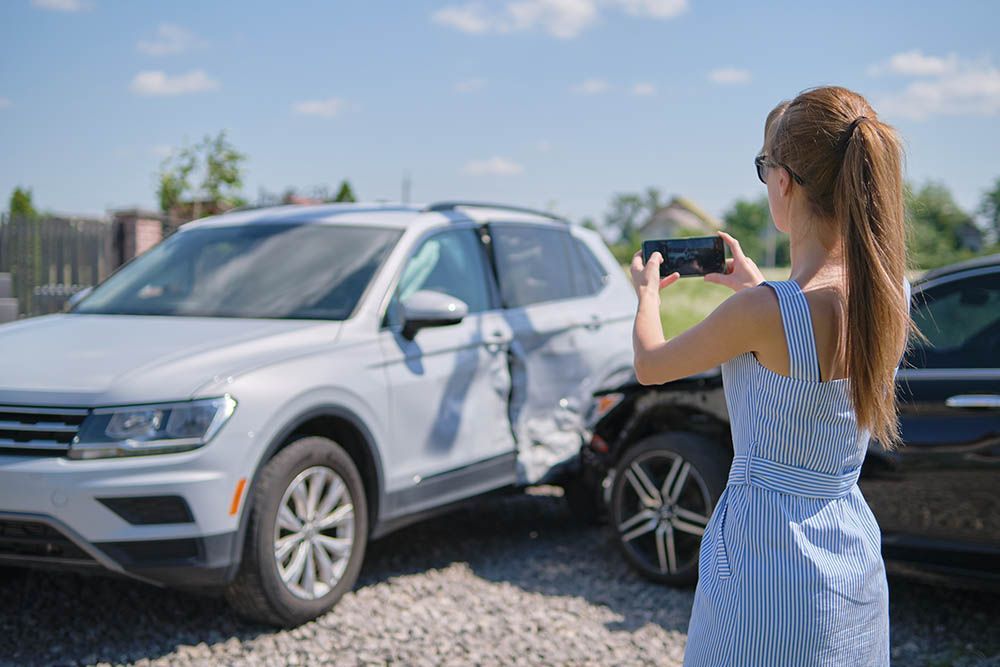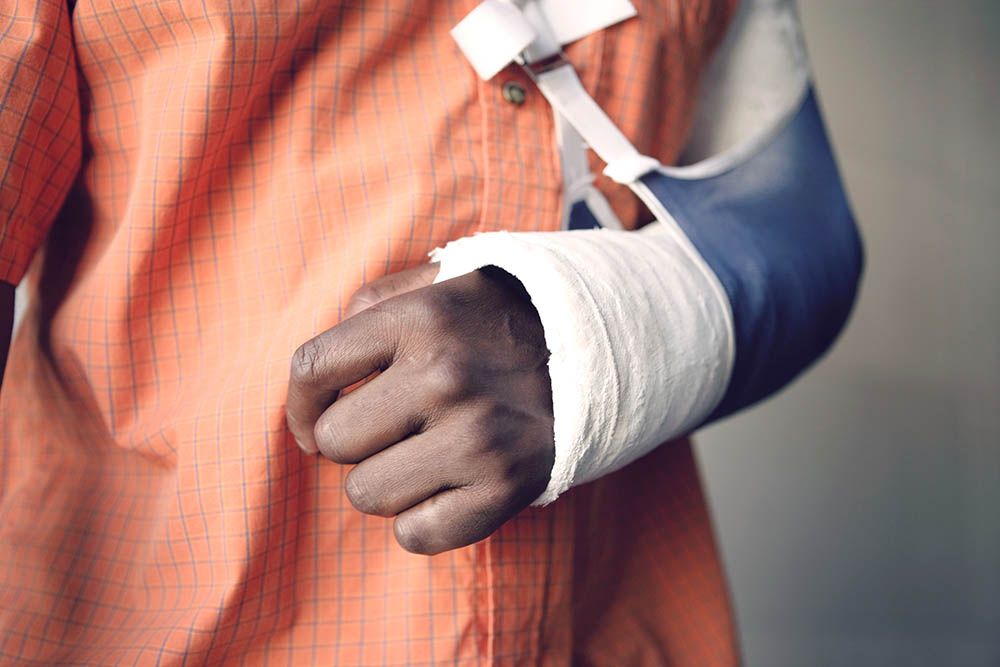How long will it take for me to get compensated for my injuries?
We are often asked how long it takes to be compensated for your injuries. We addressed this in FAQs but wanted to provide more detail here.
Q: How Long will it take for me to get compensated for my injuries?
A: Bottom Line Up Front: As little as 14 days all the way up to 3 years or more.
The Long Answer: Each case varies, and it depends on some factors that are within your control and some that are not within your control. I find it is best to describe the situation as I conceptualize it, which is in a few different ways: (1) The football analogy, (2) Linked to specific triggering events, (3) comprehensively including the desires of varying people:
The football analogy: I find this explanation to be useful in that it frames the timeline as a ball being passed back and forth, which is a major component of the timeline of any given case. Because attorneys provide value to our society in our ability to resolve conflict, framing the case as a competitive event like football can be helpful to people. The first thing that happens is the collision occurs, whether it is a car v. car, truck v. car, car v. motorcycle, truck v. bicycle, car v. pedestrian or an unlimited number of different variations of that circumstance; the key is that there is some sort of damage caused by the bad act of another person and a potential payer to cover the damages. The ball starts there with the injured person. If the injured person does nothing for long enough then the situation is over and there is no conflict among humans, the football game just sort of ends. If the injured person decides to try and get compensation for their injuries, then they move the ball by asserting that fact (i.e. making a claim for recovery). Once that happens the ball goes to what the law calls the tortfeasor who is typically the at fault party. If the at fault party agrees that they are responsible for the damage and agrees with the amount claimed they have a couple of choices: (1) pay the claim in full, (2) try to pay less than what they agree they owe. If the at fault party either chooses to try and pay less (which is typical, especially when dealing with insurance companies and non-economic damages or pain and suffering) or they disagree that they are responsible or think there is some split responsibility or some other type of legal defense then you end up with a conflict. Either the claimant can yield, or the at fault party can yield, or they can come to an agreed compromise or as a backstop to resolve this conflict the claimant can take the case to court and use the power of the government to force the at fault party to pay the claim in full if the claimant proves to the court and/or jury that they are entitled to what they are claiming. So in essence the football moves back and forth between the sides during the conflict resolution process and when the ball is in your court if you move quickly you can speed up the process, but you can’t do a lot if the other side is choosing to try and run down the clock (i.e. waiting 30 days before responding to a claim so that they can conduct an investigation).
Linked to specific triggering events: another way to understand how long a case will take is in average ranges after specific triggering events. Typically, you can’t resolve a claim until you know your damages and because damages are trying to measure the difference between what your life is like now versus what your life would have been like if you had never had the collision and because no one knows the future, you generally can’t even know your damages until you are either healed from the crash, or have reached maximum medical improvement (usually determined by a medical professional). Depending on your injuries, no one really knows how long that will take. Sometimes people heal quickly, sometimes it is very slow. Once the triggering event occurs, in my office, we request medical records, and we assume about 30 days from the request that we will have received those records. From there, if the records are small and easily managed it can be 48 hours before we have a synthesis done, or if there are a lot of records it can be 30 days before we have a synthesis complete. Once the synthesis is complete, we have several data points for your damages which are diagnostic codes, cost of treatment, length of treatment, etc. We then can draft a demand which will typically take a few hours, up to about a week. Once drafted we send that to the client for approval which gets approved or modified depending on how quickly the client approves or requests modification for the demand. After it is reviewed and approved, and the person has spoken with their attorney about what it means to send a demand we send out the demand. Typically, it will take about 30 days for the at fault party (usually through their insurance company) to review the demand and make an offer for resolution. If the offer is acceptable then we just need to accept, get a check, sign release documents (promising not to sue after you receive the money) complete a distribution (a document showing where the money is going to ensure there are no outstanding medical bills we aren’t tracking) and once that is signed we issue a check and the money should be in your bank account as soon as you deposit the check. That process can take up to 30 days, but usually not faster than a week. If in the alternative, the offer for resolution is not acceptable then we need to begin the negotiation process or decide to sue. That process continues until either the offer is acceptable, or, in the alternative, we proceed through a jury trial. Each triggering event causes the next process to initiate which is somewhat predictable within ranges.
Comprehensively, including the desires of various people: This explanation really requires an attorney to talk with a person and truly try to understand what the person wants, lay out a plan for how to achieve it, and then execute that plan. Along the way things will go faster or slower to the degree that the desires of the other side of the conflict (insurance companies and at fault parties) are in line with the desires of the claimant. If both sides are reasonable and diligent that can be near instantaneous, if both sides have very different views about what the outcome should be then it can be dragged for years. I know this long answer is a very long answer, if you have more questions feel free to give us a call and I will try to help.

